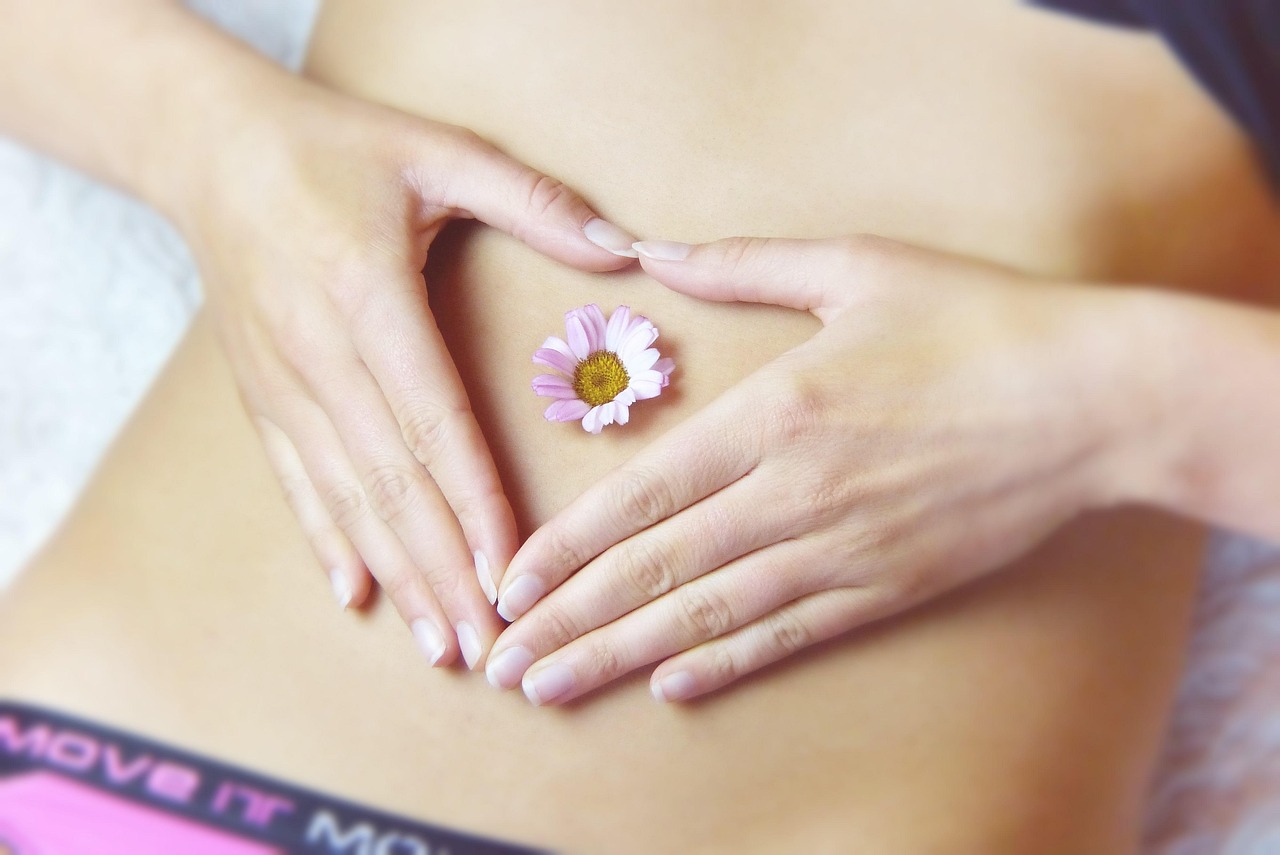Staying properly hydrated is essential for maintaining optimal health and well-being. While most people understand that drinking water is important, the nuances of hydration often get overlooked. Hydration impacts every aspect of our physical health—from energy levels and cognitive function to skin health and weight management. In this blog post, we will dive deeper into the importance of hydration, how to ensure adequate fluid intake, the role of various beverages, hydration tips, and common misconceptions.
The Importance of Hydration
Hydration plays a critical role in supporting numerous physiological functions. Water accounts for about 60% of the human body, making it vital for survival. Here’s why staying hydrated should be a top priority:
Benefits of Adequate Hydration
- Improved Physical Performance: Adequate hydration can enhance your stamina, strength, and overall athletic performance.
- Enhanced Cognitive Function: It helps in maintaining concentration, alertness, and cognitive function.
- Healthy Digestion: Water aids in the digestion process and helps prevent constipation.
- Temperature Regulation: Hydration helps regulate body temperature during physical activities and in extreme weather.
- Skin Health: Proper hydration can improve skin elasticity and appearance.
Statistics on Hydration
Research indicates that:
- About 75% of Americans are chronically dehydrated.
- Studies show a 2% drop in body water can impact cognitive performance significantly.
How Much Water Do You Need?
Determining the right amount of water intake varies among individuals. Factors include age, gender, activity level, and climate. Here are some general guidelines:
Daily Water Recommendations
- Men: About 3.7 liters (13 cups) per day.
- Women: Approximately 2.7 liters (9 cups) per day.
For those engaging in physical activity or living in hot climates, more water is required. Consider these practical tips for assessing your hydration needs:
- Listen to Your Body: Thirst is one of the first signs of dehydration.
- Check Urine Color: Pale yellow indicates proper hydration, while dark yellow or amber suggests need for more fluids.
Hydration Sources
While water is the most obvious choice for hydration, other beverages and foods can contribute to your fluid intake:
Best Beverage Choices
- Water: The healthiest and calorie-free option.
- Herbal Teas: Preferred for their hydration properties without caffeine.
- Coconut Water: A natural source of electrolytes for replenishing fluids.
- Low-Calorie or Diet Drinks: Can be hydrating; however, check for artificial sweeteners.
Foods High in Water Content
Incorporating foods with high water content can also aid in hydration:
- Fruits: Watermelon, oranges, and strawberries.
- Vegetables: Cucumber, lettuce, and celery.
- Soups and Broths: Often rich in water and nutrients.
Practical Tips for Staying Hydrated
Staying consistently hydrated requires intention and daily practices. Here are some actionable tips:
Daily Hydration Habits
- Carry a Water Bottle: Keep a reusable water bottle with you.
- Set Reminders: Use a phone app or calendar reminder to drink water throughout the day.
- Infuse Water: Enhance the flavor with fruits, herbs, or vegetables.
- Drink Before Meals: Make it a routine to drink a glass before each meal.
Common Hydration Myths
Despite the abundance of information on hydration, several misconceptions persist:
Debunking Myths
- Myth 1: Only water counts for hydration. Fact: Other fluids and water-rich foods also contribute.
- Myth 2: You need to drink eight glasses of water a day. Fact: Hydration needs vary per individual.
- Myth 3: Thirst is a reliable indicator of hydration. Fact: By the time you feel thirsty, you may already be dehydrated.
Conclusion
Hydration is not just a matter of drinking water; it’s an essential component of overall health and vital bodily functions. Understanding how much fluid your body needs, the sources of hydration, and implementing practical tips are critical steps in maintaining adequate hydration. Remember to listen to your body and seek hydration from a variety of sources. With awareness and intention, you can cultivate a hydration routine that supports your health and well-being effectively.




